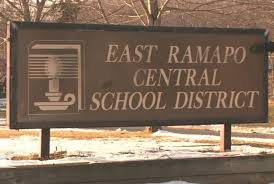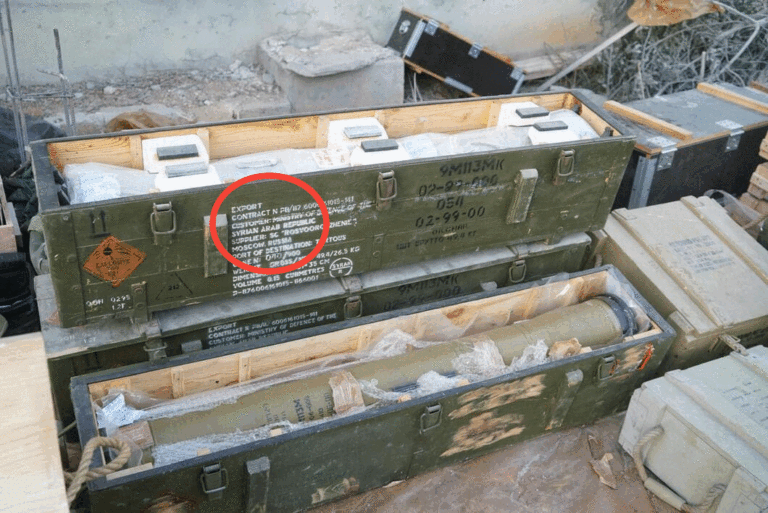 Starting May 1, everyone who applies for Social Security or other federal government benefits will be required to arrange for direct deposit of their payments. The government plans to phase out paper checks entirely by 2013.
Starting May 1, everyone who applies for Social Security or other federal government benefits will be required to arrange for direct deposit of their payments. The government plans to phase out paper checks entirely by 2013.
Now, about 85% of Social Security beneficiaries get payments through direct deposit, says Treasury assistant secretary Richard Gregg. But the government issues more than 120 million checks a year, at a cost of about $1 each, vs. 10 cents for an electronic payment, Gregg says. Treasury estimates that eliminating paper checks will save the government about $1 billion over 10 years.
In making the switch from paper to e-payments, Treasury had to grapple with two issues:
•Not everyone has a bank account. About 9 million U.S. households don’t have a bank or credit union account, the Federal Deposit Insurance Corp. says. Those individuals can have their benefits deposited to a prepaid debit card offered by Treasury and Comerica bank.
•Benefits that are delivered electronically are more difficult to protect from creditors. In general, banks are prohibited from freezing or garnishing accounts that contain Social Security or veterans’ benefits. However, in the past, individuals could lose that protection if their benefits were commingled with other funds in their accounts.
Some seniors avoided this problem by receiving paper checks and keeping them out of their bank accounts. Seniors who sign up for benefits after April 30 won’t have that option.
Under rules that take effect May 1, though, banks will be required to determine the amount of federal payments deposited in a customer’s account and protect that money from creditors.
Starting May 1, individuals who apply for Social Security, either in person or online, will need to provide their financial institution’s routing number, the type of account (such as checking or savings) and an account number. Routing and account numbers can usually be found on a personal check. Beneficiaries who want to have payments deposited to a debit card should go to usdirectexpress.com or call 800-333-1795.
Seniors who are already receiving paper checks have until March 1, 2013, to switch to direct deposit. To avoid delays, though, individuals shouldn’t wait until the last minute to sign up, Gregg says.
“We do get surges of calls, and we have about 10 million people who are getting checks who need to be converted” to direct deposit, he says.
(Source: USA Today)











One Response
This is just the beginning, the culmination will be no check.